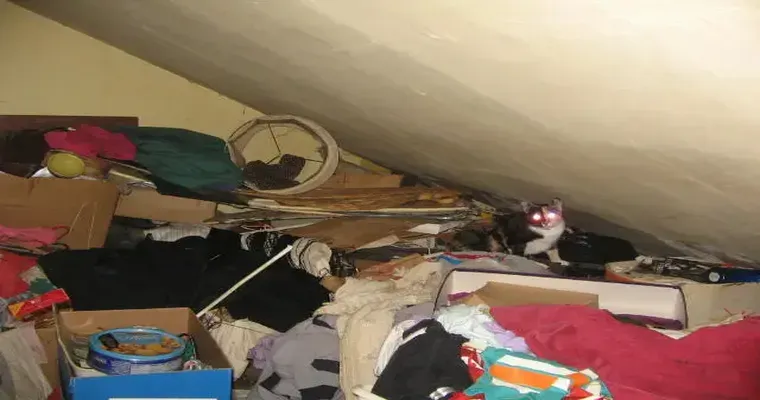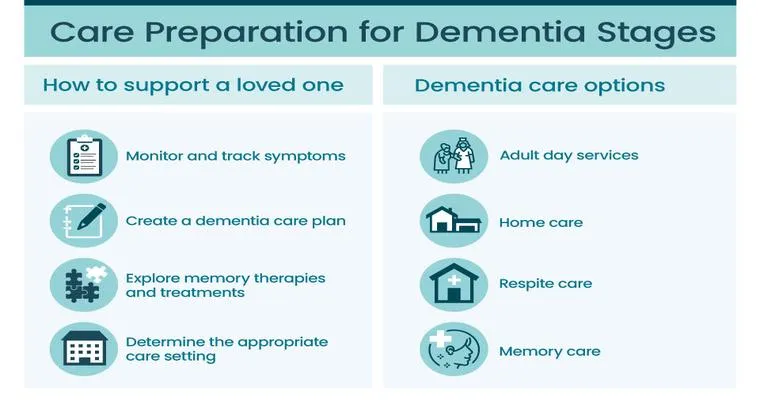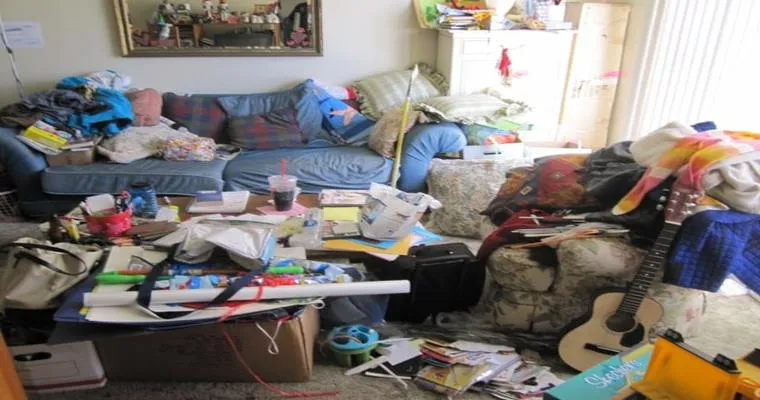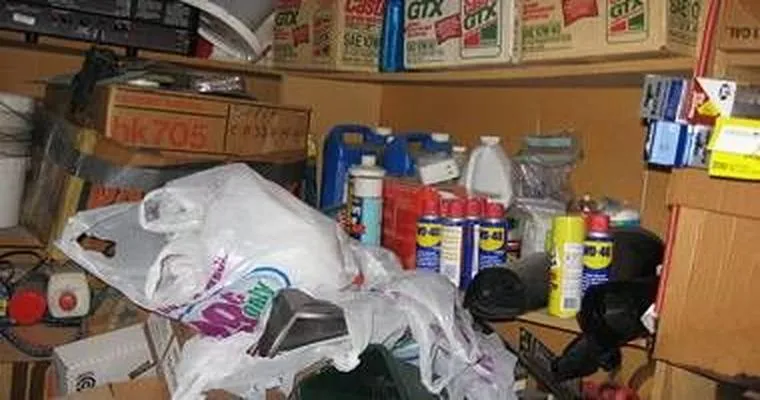Dealing with a "hoarder" can be an overwhelming challenge, especially when it involves a loved one like your "78-year-old father-in-law". Living in a "filthy", "stinky", and "dirty house", compounded by issues such as no "hot water" and personal hygiene concerns, can be distressing for both the individual and their family. If you find yourself in this difficult situation, there are ways to approach it with compassion and effectiveness.
Understanding the Issue
Before taking action, it’s essential to understand the underlying reasons behind your father-in-law’s hoarding behavior. Often, hoarding is linked to emotional issues, such as trauma, anxiety, or depression. He may feel a sense of attachment to his belongings, viewing them as a source of security. Recognizing this can help you approach the situation with more empathy.
Assessing the Living Conditions
The first step in addressing the "filth" and "lack of hygiene" is to assess the living conditions of the house. Take note of the following:
1. "Safety Hazards": Identify any potential hazards, such as blocked exits or fire risks.
2. "Waste Management": Determine how much waste is present and where it is located.
3. "Health Risks": Consider the health implications of living in such conditions, including mold, pests, and unsanitary environments.
Communicating with Compassion
When discussing the situation with your father-in-law, approach the conversation with care. Use “I” statements to express your concern, such as “I’m worried about your health” rather than “You need to clean up.” This approach can help prevent defensiveness and open the door for a more productive dialogue.
Seeking Professional Help
Given the complexity of hoarding, you may want to involve professionals who specialize in "hoarding behavior". These can include:
1. "Therapists": Mental health professionals can help address the underlying issues contributing to the hoarding.
2. "Professional Organizers": Experts in decluttering can assist in sorting through possessions and creating a more livable space.
3. "Social Services": If your father-in-law is unable to care for himself, local social services may be able to provide support.
Establishing a Cleaning Plan
Once you’ve communicated your concerns and sought professional help, it’s time to establish a "cleaning plan". Here are some steps to consider:
1. "Set Small Goals": Tackle one area at a time to avoid overwhelming your father-in-law.
2. "Involve Him": Whenever possible, involve him in the process to give him a sense of control.
3. "Create a Comfortable Environment": Ensure that the cleaning process doesn’t remove all his belongings at once, which could lead to increased anxiety.
Addressing Hygiene Issues
With the living space being addressed, focus on personal hygiene. Here are some suggestions:
1. "Encourage Bathing": Gently encourage him to take a bath or shower. You might need to assist him initially.
2. "Provide Supplies": Stock his bathroom with easy-to-use hygiene products, such as wet wipes or dry shampoo.
3. "Highlight the Benefits": Discuss the physical and emotional benefits of maintaining personal hygiene in a positive light.
Ensuring Long-Term Support
After the initial clean-up and hygiene improvements, establish a plan for long-term support. Regular check-ins and assistance can help maintain a healthier living environment. Consider:
1. "Regular Visits": Schedule frequent visits to monitor his well-being.
2. "Support Groups": Encourage participation in support groups for hoarders or seniors.
3. "Continued Professional Help": Keep the lines of communication with mental health professionals open for ongoing support.
Conclusion
Navigating the complexities of a "hoarding" situation involving a "78-year-old father-in-law" requires patience, empathy, and a structured approach. By understanding the underlying issues, communicating compassionately, and seeking professional help, you can help him reclaim his living space and improve his overall quality of life. Remember, change takes time, and offering your continued support will make a significant difference in his journey toward a healthier lifestyle.





